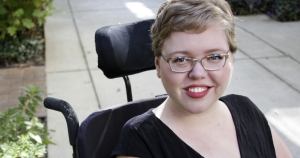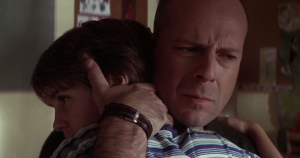
On Bullying
I don’t remember the first time I was bullied, but I do remember the moment I finally realized that I had been bullied.

I don’t remember the first time I was bullied, but I do remember the moment I finally realized that I had been bullied.

Autistic people learn, change, and cope like anyone else. However, when a character is autistic, many authors appear to see only one route for character growth: effectively making the character less autistic.
If our contributors could tell an author writing a character with their disability one thing–besides “do your research”–what would it be?

Julian Birch has a “withered” leg from a childhood bout of polio, and Mitchell’s depiction of him is one of the most believable, relatable portrayals of disability I’ve come across.

People like Early do exist, and it’s great to see historical fiction that includes a disabled character, but Early gets a little too close to the trope of the magical or extra-special autistic for my comfort.

Although I was underwhelmed by the portrayal of albinism in Akata Witch, it’s a great novel that features the first strong, sympathetic lead with albinism I’ve seen in quite a few years.

Although the process of coping with and accepting sudden blindness seems rushed, this is one of the best books depicting blindness that I’ve read. Natalie’s emotions and time at a school for the blind are spot-on.

Wonderstruck is wonderful. It is, to date, the most creative and ambitious novel about the d/Deaf experience in America I’ve ever come across.

Masturbation (and sexuality in general), particularly for girls, is widely stigmatized. But on top of that stigma, I had this body that was utterly different from the bodies around me. It was different and therefore wrong.

“How did you manage to capture that voice?” beta readers would ask. “How did you know to describe those particular feelings?” I was starting to have a few self-revelations about that.